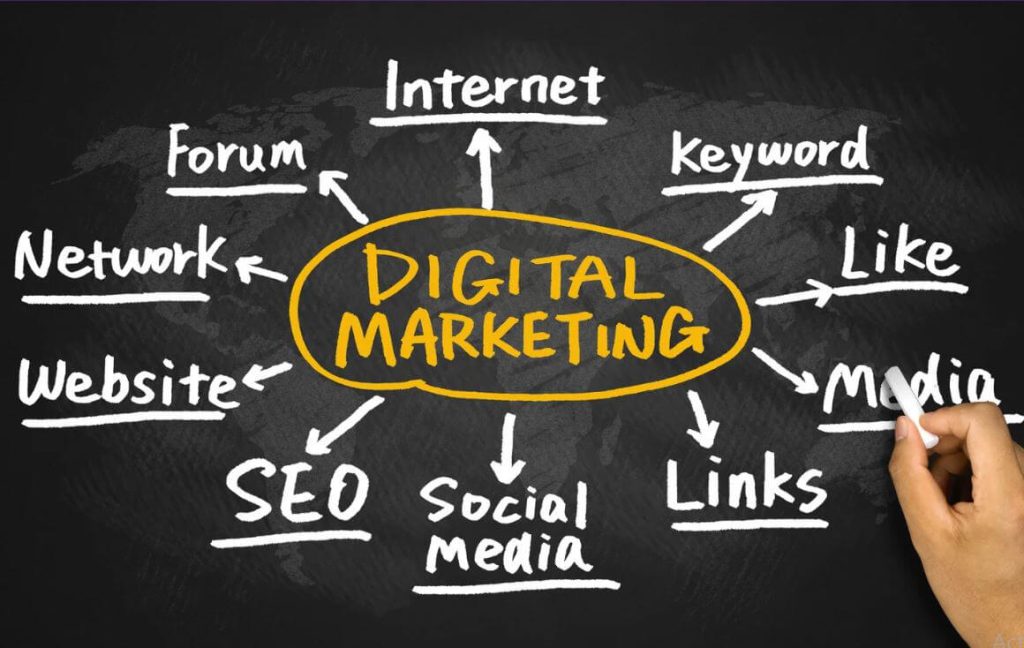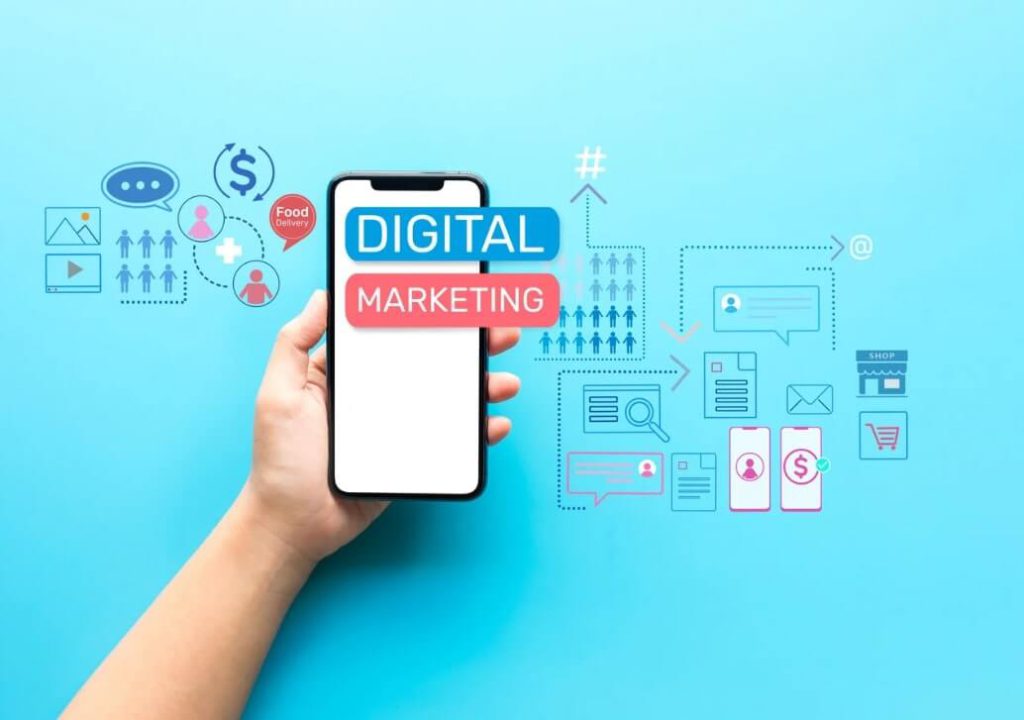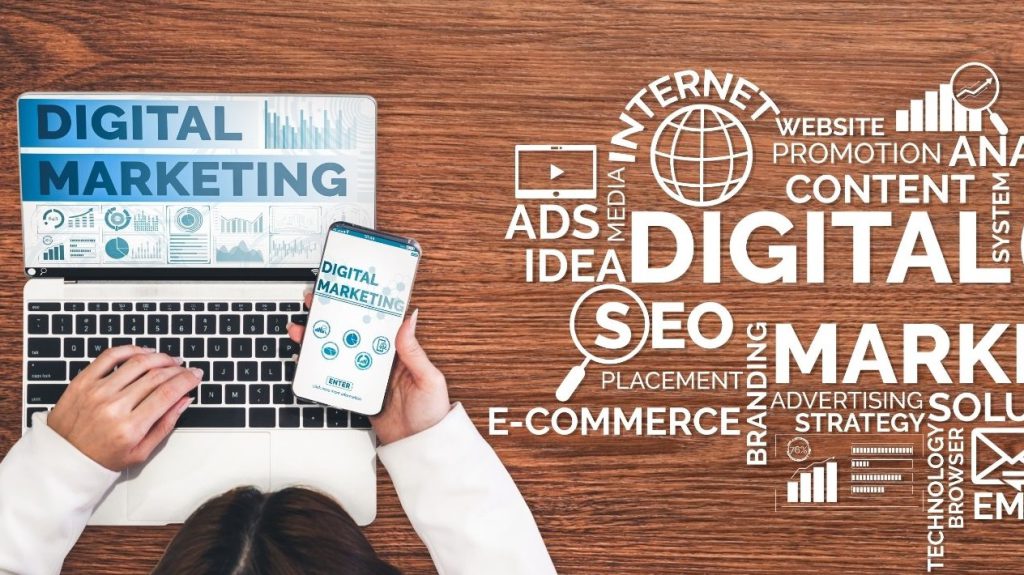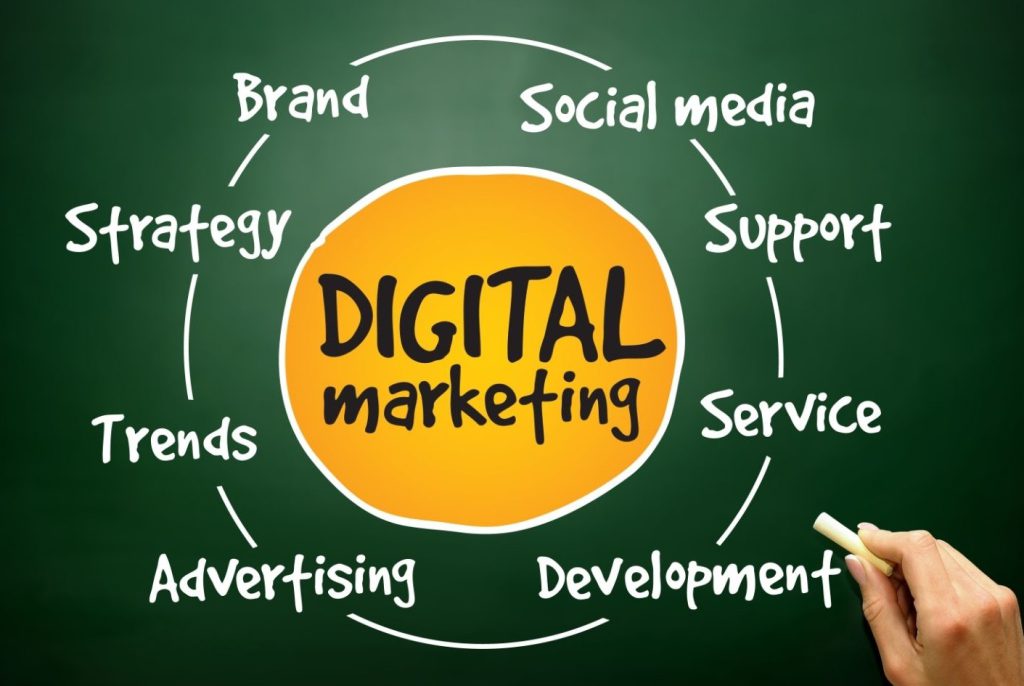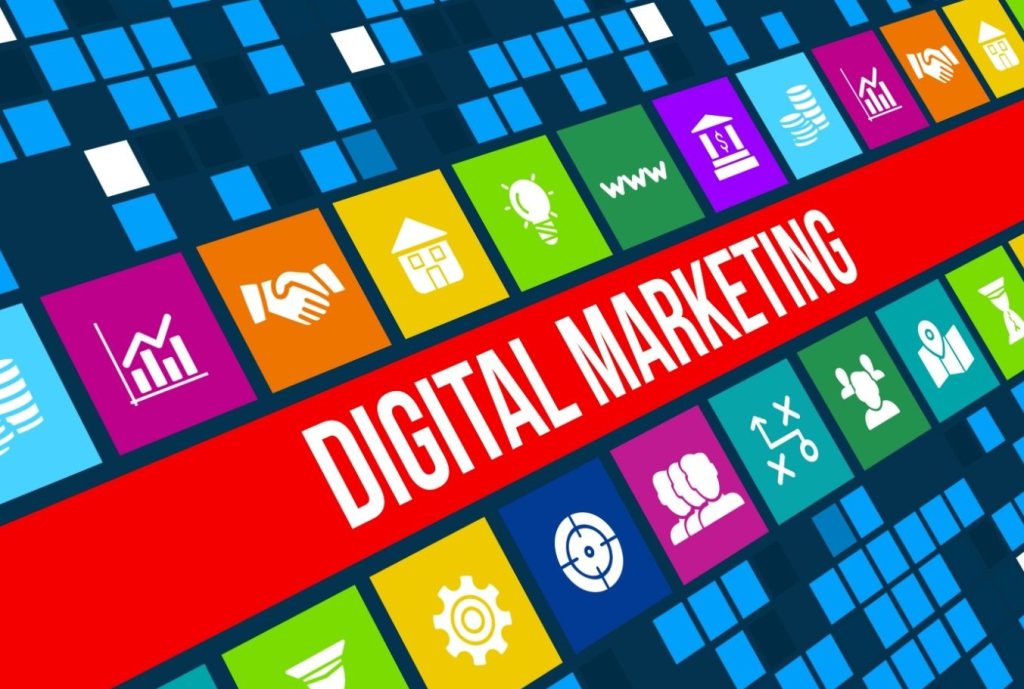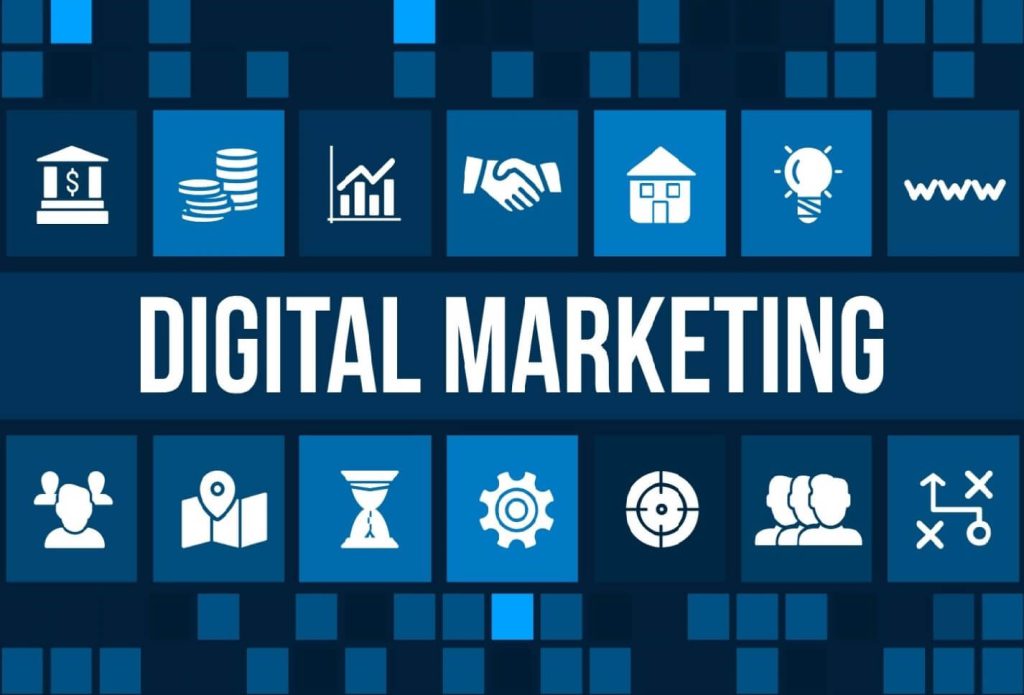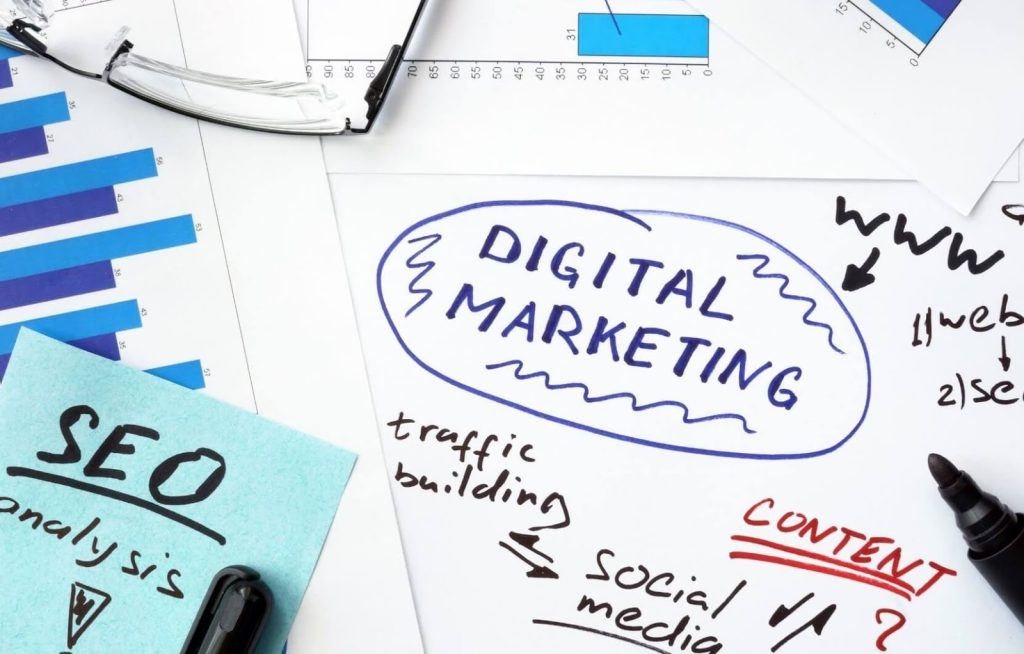
Quick Overview
Property management is one of the most accessible and rewarding career paths in the UK real estate industry — no degree or prior experience required. It’s perfect for those who enjoy organisation, communication, and problem-solving while helping landlords and tenants manage properties efficiently and legally.
This guide will walk you through:
✅ What property management involves and the day-to-day duties of a property manager.
✅ The main requirements — from basic education to optional ARLA, IRPM, or RICS qualifications.
✅ Entry-level routes including apprenticeships, trainee schemes, and internships.
✅ Key skills employers value: communication, organisation, and customer service.
✅ Where to find beginner and “no experience” property management jobs in the UK.
✅ Typical career progression — from trainee to property manager and beyond in just 1–2 years.
If you want to start a great career in the UK property industry, becoming a property manager could be the right choice for you. It integrates the elements of commerce, customer relations, and handyman—no need for a university degree or years of experience!
In this guide, I’ll break down everything you need to know regarding property manager requirements, the skills needed, entry-level positions, and apprenticeships, along with how to start your career in the UK from the ground up.
What Is Property Management?
Property management entails overseeing residential, commercial, or mixed-use properties, especially on behalf of landlords or investors. Property managers communicate with owners and tenants of a property and ensure the property is well cared for, legally maintained, and properly financially managed.
Typical Duties Include:
- Resolving queries and complaints of tenants
- Organising property inspections and repairs
- Overseeing the collection of rents and the preparation of accounts
- Compliance with UK housing and safety regulations
- Engagement with contractors, surveyors, and letting agents
- Preparing tenancy agreements and other relevant papers
This is a fast-moving, people-centred career. Because of this, you are assured of job security and opportunities for advancement within the UK.
Property Management Job Requirements
Requirements for property management positions in the UK differ depending on the employer and property type, while most roles do have similar expectations.
1. Education
- No formal degree required: You can start in entry-level roles with GCSEs or A-Levels.
- Preferred background: Business, law, or real estate studies can be helpful but aren’t mandatory.
- Recommended qualifications:
- ARLA Propertymark Level 3 Award in Residential Letting and Property Management
- IRPM (Institute of Residential Property Management) Foundation Certificate
- RICS-accredited courses in Property or Real Estate Management
These can be completed part-time or online and show employers you’re serious about your career.
2. Work Experience
Prior experience is not required to start. A lot of people get their start as trainees or assistants and work their way up from there. Any experience you might have in customer service, administration, or sales is considered relevant, too.
If you’re asking how to get into property management UK with no experience, your best option is to look for assistant or trainee positions that offer training and development.
3. Technical and Legal Knowledge
You need to learn the basics of property law, tenancy contracts, and health & safety compliance. Learn about:
- regulations concerning landlords and tenants,
- HMO (House in Multiple Occupation) and EPC (Energy Performance Certificate) compliance,
- deposit protection, and maintenance obligations.
Employers expect you to learn these on the job or through entry-level property management courses.

Skills Needed for Property Management UK
Managing buildings is only one component of property management. It is about managing people and troubleshooting.
These are the primary skills required for property management:
Soft Skills
- Communication: Daily interactions will involve tenants, landlords, and contractors.
- Organisation: Management of multiple properties will require time management.
- Customer Service: A calm and professional demeanour is crucial for gaining and retaining clients.
- Problem Solving: Urgent maintenance issues and outstanding payments will require your immediate attention.
- Attention to Detail: Contracts and compliance documents will require the utmost accuracy.
Technical Skills
- Ability to use property management software. Arthur, Reapit, and MRI are common examples.
- Understanding tenancy laws and compliance.
- Rental budget creation and maintenance.
- Report writing and record keeping.
Being able to master these skills will give you a competitive edge, even when applying for entry-level jobs.
Entry-Level Property Management Jobs UK
Radiating from letting agencies, housing associations, and private property firms, the UK has an abundance of entry-level positions within property management for new starters.
Here are some examples of entry-level roles:
- Assistant Property Manager
- Lettings Administrator
- Tenancy Coordinator
- Maintenance Assistant
- Housing Officer (Trainee)
- Customer Service Advisor (Property Division)
These positions are usually in the range of 22,000 to 28,000 GBP, and you get training while you work to assist you in transitioning to a complete role in property management.
Property Management Apprenticeships UK
If you are looking to start your career where you can learn while you work, consider a property management apprenticeship. You will get the Housing and Property Management Apprenticeship (Level 3 or 4), which will provide paid work along with training that will include:
- Tenancy law and property maintenance
- Health and safety standards
- Customer communication and negotiation
- Property finance and budgeting
What you get from Apprenticeships
- You earn while you learn (salaries start from around 18,000 to 22,000 GBP per year)
- Gain work-ready skills
- You get a valid qualification
You can find the apprenticeship on sites like Gov.uk, Indeed, or even the website of the housing association or property firms.
Property Management Trainee Schemes UK
Trainee property management positions are provided by major very large real estate and housing corporations. These are akin to graduate schemes, and are designed to cater to any entry with reputable communication and problem-solving skills.
- Savills is an example of these employers where you can get property and facilities management training programs.
- Knight Frank offers structured training and supervision for their property assistants.
- CBRE and JLL also have graduate and entry-level development programs in the UK.
- Housing associations like L&Q, Peabody, and Sanctuary Group frequently offer trainee property or housing officer positions.
Trainee positions are generally 12 to 24 months, involving several rotations, mentoring, and classroom-based instruction.

Property Management Internships UK
Property management internships help students and career changers get their foot in the door.
Internships, which can last from a few weeks to several months, offer the following opportunities:
- Understanding the daily operations of a property.
- Interacting with tenants, contractors, and the property’s internal systems.
- Learning about compliance, report generation, and customer relations.
Property firms, universities, and online resources such as Prospects.ac.uk and RateMyPlacement often provide summer internships.
Property Management Courses for Beginners UK
As a beginner, taking a short course in property management will provide the essential groundwork.
Here are a few suggestions:
- The ARLA Propertymark Level 2 or 3 – graduate and professional awards for lettings and management.
- IRPM Foundation Certificate – essential for block or leasehold management.
- Online property management courses are also available through UCEM, Open Study College, and Reed.
Most of these courses are designed to be completed in 3 to 12 months and can be fit into the schedule with work or other obligations.
Starting a Property Management Career in the UK
You have the requirements, now let’s look at how to start this career in the most practical, sequential steps.
Step 1: Understand the Fundamentals
Look up and understand the sector and learn about the critical areas of housing legislation, management of tenancies, and basic management software.
Step 2: Sign Up for a Course or an Apprenticeship
You will learn more in a structured environment, which will help you gain certification or course completion, which will help to add credibility to your learning.
Step 3: Look for Junior-Level Positions
Check out Indeed, Totaljobs, and PropertyWeek for assistant or trainee positions. They are looking for a passion for the work, and then any other skills that can be useful.
Step 4: Expand Your Professional Network
You can join ARLA Propertymark, IRPM, or RICS and increase your chances of meeting advisers and getting job placements.
Step 5: Acquire Skills and Move Up
In property management, you can shift to:
- Property Manager (£30,000–£40,000)
- Senior Property Manager / Portfolio Manager (£40,000–£55,000)
- Regional Property Management or Head of Property Management (£55,000–£75,000+)
Progress in property management is consistent, and you can choose to focus on commercial, residential, or facilities management.

No Experience Property Management Jobs UK
Numerous employers are willing to hire people with no experience as long as they show enthusiasm and the ability to learn.
You can discover no experience property management jobs in the UK by:
- Letting agencies are looking for admin assistants.
- Housing associations looking for trainee officers.
- Property maintenance companies looking for coordinators or assistants.
- Real estate companies offering junior positions with training.
A desire to learn new things and well-developed people skills are essential in the beginning.
Beginner Guide to Property Management Careers UK
If you’re brand new to the industry, here’s a quick timeline for building your career:
| Stage | Goal | Timeframe |
| Research and take a short course | Learn fundamentals | 2–3 months |
| Apply for entry-level or trainee jobs | Gain practical experience | 3–6 months |
| Complete apprenticeship or certification | Earn qualification | 6–18 months |
| Progress to Property Manager role | Build expertise | 1–2 years |
By following this roadmap, you can move from beginner to full-fledged property professional in as little as two years.
Final Thoughts
One of the unique features of the Property Management industry in the UK is that they hire new staff without needing qualifications, experience or a degree in the industry. Combined with the right skills, training, and some persistence, you can start at the bottom, and with hard work, the sky is the limit.
There is no shortage of ways to gain the confidence you need to manage property with a professionally recognised qualification, training, and apprenticeship positions. That confidence is a cornerstone of the growth of any career.
There is no better time than now to look into Property Management as a career. It is the perfect blend of dynamic and stability, with plenty of opportunities available for prospective starters.






